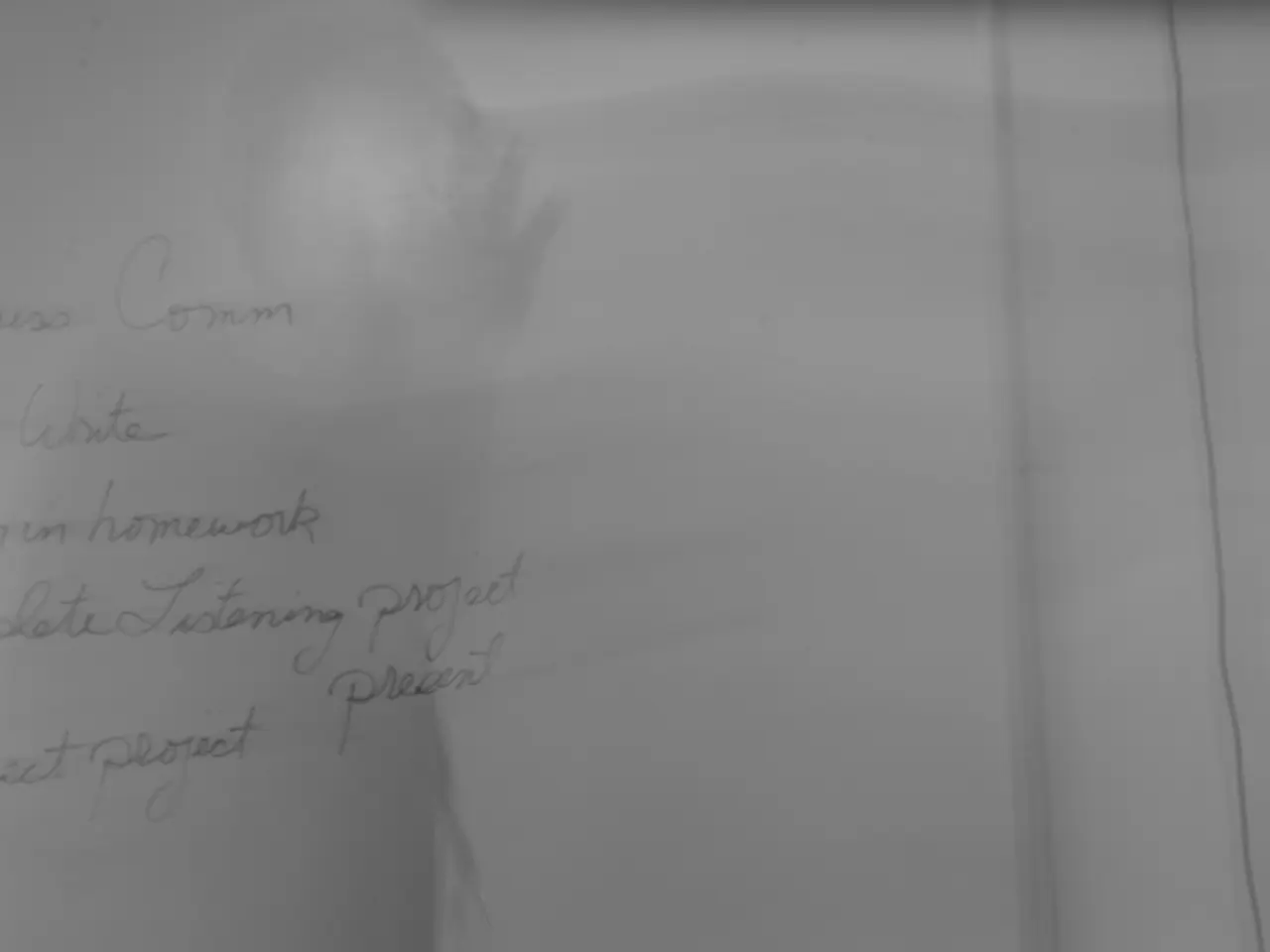Trump's Former Speechwriter Warns of Remarkably Severe Assault on the Constitution by Trump
In recent weeks, the U.S. Supreme Court has taken up the case regarding the legality of President Donald Trump's tariffs, which two federal courts and multiple judges previously ruled unlawful. The controversial tariff policy, a key aspect of Trump's trade strategy, is being challenged in the highest court of the land.
David Frum, a former speechwriter for George W. Bush and current staff writer for The Atlantic, has been vocal in his criticism of the President's actions. Frum has declared that the Supreme Court can't let President Trump go unchecked after his move to bypass Congress to impose sweeping tariffs.
Frum emphasized that the one idea running through the American and English legal traditions is that the executive branch can't impose taxes without the legislature's consent. This principle, he argued, is fundamental to the democratic process and the balance of power in the United States.
The Trump administration, in an effort to continue its tariff policy, has asked the Supreme Court to allow it to do so. However, Frum believes that if the court lets Trump get away with this, it might as well take Article I out of the Constitution, as Congress has lost control of the taxing power.
Frum made these remarks on MSNBC to Nicolle Wallace, after she highlighted an NBC News article on federal judges criticizing the Supreme Court's handling of Trump cases. HuffPost reported this news, with credit to Raw Story.
Vox has also noted this development, highlighting the potential implications of the Supreme Court's decision on the separation of powers and the role of Congress in the legislative process.
It is worth noting that Frum's comments were made in reference to President Trump's history of declaring dubious emergencies to expand his power in his second term. This pattern of behaviour has raised concerns among legal experts and political analysts alike.
As the Supreme Court deliberates on the case, the specific judges or groups on the Court who have opposed Trump's request to continue these tariffs have not been publicly detailed. Most indications suggest that the Court is set to review the appeal from the Justice Department supporting Trump’s position.
In light of these developments, the future of President Trump's tariff policy remains uncertain. However, the debate around the constitutionality of the policy and the role of the executive branch in taxation continues to be a hot topic of discussion among legal experts and political analysts.
Read also:
- Tobacco industry's suggested changes on a legislative modification are disregarded by health journalists
- Uncovering Political Ad Transparency: A Guide to Investigating opponent's Political Advertisements in the Digital Realm
- Elon Musk praises JD Vance's debate performance against Tim Walz
- Right-wing Israeli minister supports controversial plan for West Bank settlement expansion








